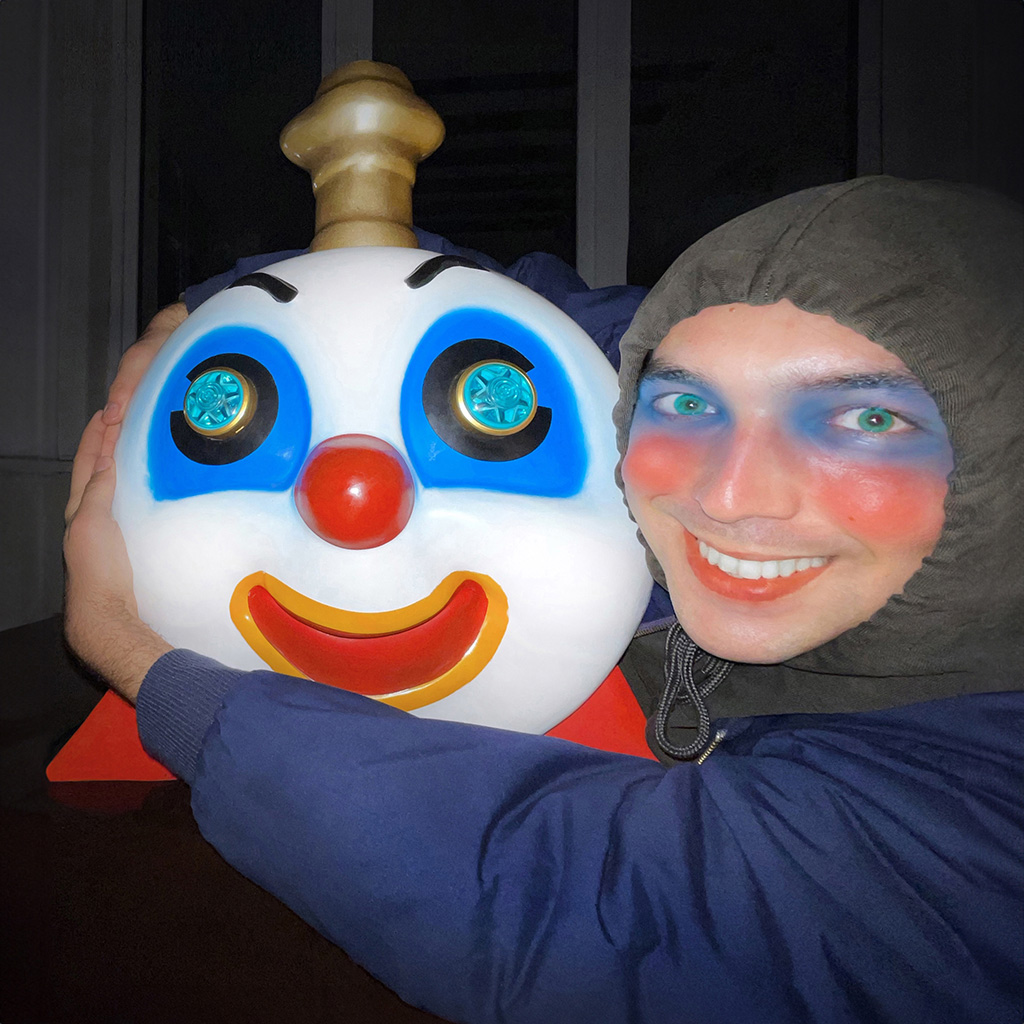
Artist

Angeniet Berkers
Lebensborn
Bones of Graphene, Skin of Kevlar is the second chapter in Julius Thissen’s visual research project, Watch it Collapse. Its primary focus is to visualise the impact of global far-right politics and sentiments, contrasted with the fighting spirit of trans individuals across generations. Vulnerable images are combined with symbols of masculinity and postures of resistance. Graphene, Skin of Kevlar expresses a need for resilience without losing the ability to be soft and true.
Tashiya de Mel’s Bittersweet History reflects on Dutch-Sri Lankan colonial history and its absence from mainstream discussions of the Dutch empire. The VOC’s cinnamon trade violently transformed the landscape and culture of Sri Lanka, leaving traces that remain visible today. De Mel’s archival collages criticise this history, whilst images of the artists’ mother preparing sago pudding infused with cinnamon convey a more personal connection to this contested spice. De Mel uses a variety of media to subvert and reclaim colonial narratives, suggesting alternative ways of looking at a shared history.
In 1935, Nazi Germany initiated a so-called “fertility programme” to provide the Third Reich with a new generation of leaders and SS officers. Angeniet Berker’s Lebensborn reveals both its broad scale and its human consequences: children born under this programme often lived a life of shame. The project serves as a timely warning of what our societies are capable of.
Parisa Aminolahi's deeply personal work presents a generation of middle class Iranian parents – living alone, often continents apart from their children. Tehran Diary follows the artist’s mother’s life in Tehran, as well as while visiting her three children overseas. Applying black and white paint over her photographs, Aminolahi’s images connect love, family rituals and the concept of home, pondering what it means to lose these.
Benjamin Li’s In Search of Perfect Orange is an archive that spans menus, pieces of tableware and written memories of his encounters while visiting over 1200 Chinese-Indonesian restaurants. His self-published Chin. Ind. Rest. Stickeralbum is a direct outcome of 10 years of travel between these restaurants. Benjamin’s resourceful, meticulous work results in a project that both confronts and honours a distinct cultural phenomena in the Netherlands.

































